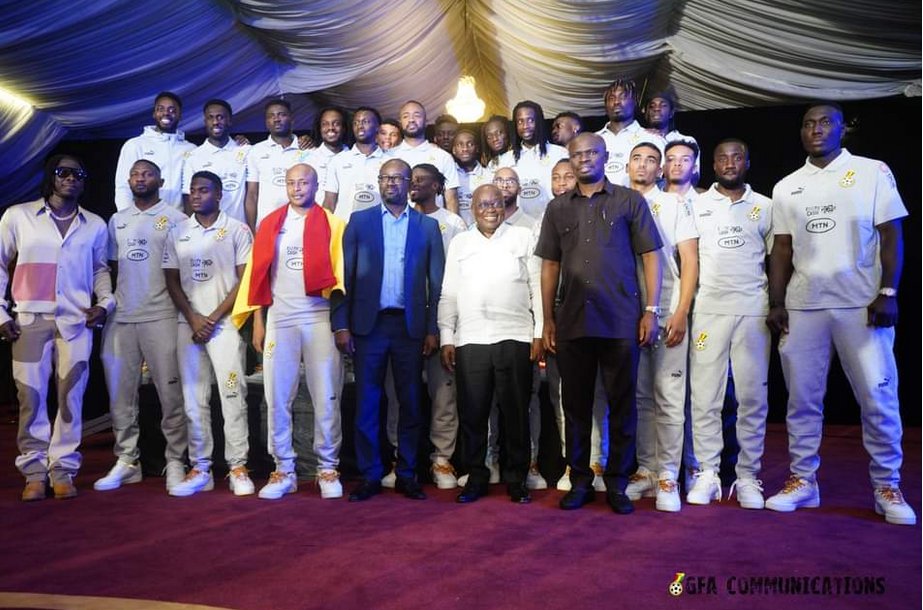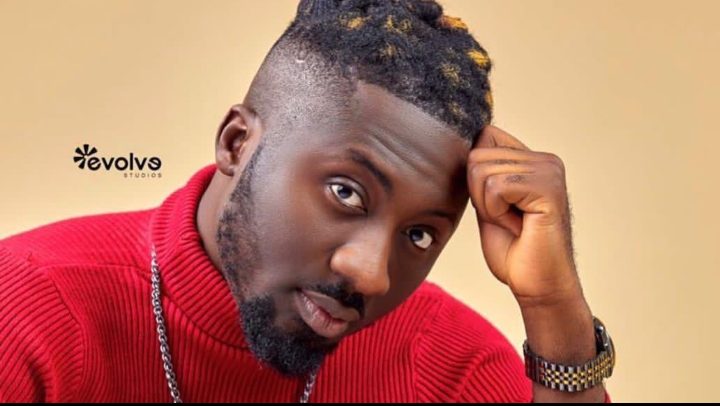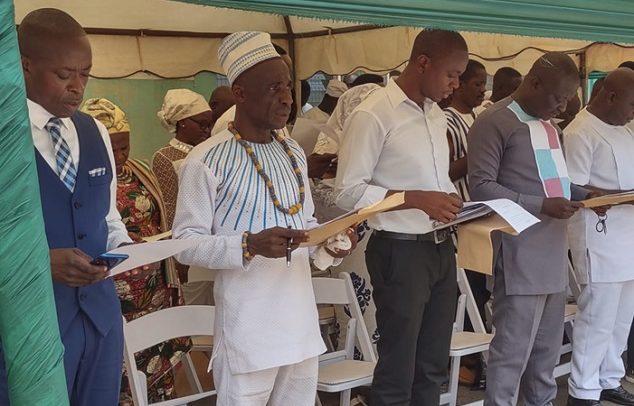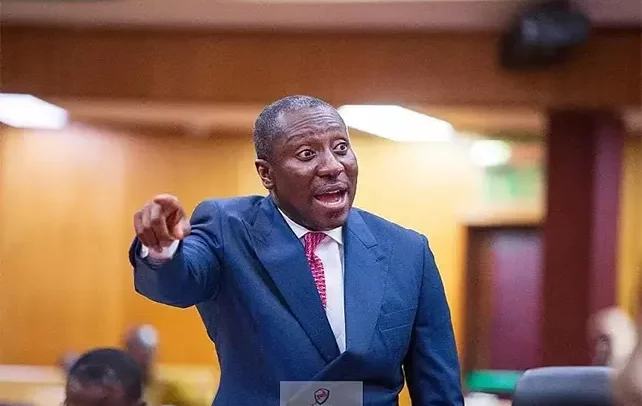
Many African politicians have found it hard to resist meddling in their countries' football. The latest example is Ghana's President Addo Dankwa Akufo-Addo, just weeks ahead of the start of the 32nd Africa Cup of Nations (Afcon) being hosted by Egypt. He recently waded into the politics of the national team captaincy to mediate a conflict that had exploded into the Ghanaian public discussion.
To be sure, Akuffo-Addo's intervention is not unique in African football. Six years ago, Nigeria's then President Goodluck Jonathan stepped in to persuade coach Stephen Keshi not to quit shortly after winning Afcon. Keshi's decision was prompted by the Nigerian Football Federation's intense scheming to replace him. In the Ivory Coast, political leaders have used the captainships of Yaya Touré (from the north of the country) and Didier Drogba (from the south) to seek ethnic political appeasements.
In Ghana, the trouble began when the country's national team captain, 33-year-old Asamoah Gyan, released a statement announcing his retirement from international football when coach Kwasi Appiah informed him that he (Gyan) was to be replaced as the team captain. Gyan was clearly miffed and it showed in his letter where he pointed to his record and his financial assistance to the team, as well as his service to his country.
Importantly, it was clear that he was not happy that his replacement was his rival, Andre Ayew. As Ghanaians weighed in on the conflict, the country's president invited the coach for a meeting and subsequently had a telephone chat with Gyan.
Akufo-Addo was playing the role of "Father of the Nation". He was the mediator. The result was that Gyan, who has captained the Black Stars for a record seven years, was given the position of "General Captain".
Akufo-Addo's intervention marks a continuing move by African political leaders to use football to advance or affirm political situations. But there are pitfalls. A quick intervention - where the position of presidency offers tremendous power - may appear to solve the conflict. In reality, the conflict may fester underneath the surface.
Power vested in the president
Clearly, this is not the usual mediator that one encounters in every day conflicts. A mediator is usually an acceptable third party who intervenes but has limited or no authoritative decision making power over the disputants. While mediators may be people of authority, their authority is often limited to the respect that they accumulate in public roles.
That, certainly, is not the case with Akufo-Addo's intervention. The president has tremendous powers and the disputants are keenly aware of this. The consequence of going against the president's wishes can be significant and reverberate over a long period of time. The president can deny the disputants benefits that ordinarily accrue to the country's citizens.
This, perhaps, explains why this type of mediation ends very quickly with disputants claiming the conflict has been settled. In reality, they may have acquiesced simply because the consequences for not doing so are much higher. Moreover, the excuse for giving in can always be the ready use of a face saver:
The President appealed to me, who am I to refuse?
For the mediator, the benefit of intervention is remarkably high. He is the man who has supposedly united the national team. If Ghana wins the Afcon in Cairo in July, much of the glory will surely be attributed to him. His political calculation here is deft and comes with few risks, if any.
But, ultimately, has the conflict disappeared? The answer is: unlikely. Successful mediation requires that disputants feel their deep interests have been met. It is obvious from Gyan's initial statement of retirement that his interest is to remain captain of the team and not step in as "general captain", the role that was offered by coach Appiah.
Unresolved
"General captain" is only a title; it is without designated or significant duties. It often means the holder plays a reduced role that may even mean not being included in the starting line-up.
Yet, after the President's intervention, Gyan has seemingly accepted this reduced role and the fact that his rival will now be the team's captain. He conveniently referred to the president as "The Father of the nation" and then to his commitment to Ghana. Gyan did not refer to his conviction that his personal interests have been served. While this is public, it remains to be seen what his every day attitude with the team and the coach will be.
Maybe, just maybe, his real interest is to feel loved. If that's the case the president has demonstrated just this by personally talking with him and "appealing" to that interest.
On coach Appiah's part, he obviously wants a team free of conflict - hence his offer of "general captain", hoping to appease Gyan. The fact that Gyan initially declined the offer but then accepted it after pressure from the president may lead to the attitude of a horse dragged, against his volition, to the water hole.
Chuka Onwumechili, Professor of Communications, Howard University
Read Full Story













Facebook
Twitter
Pinterest
Instagram
Google+
YouTube
LinkedIn
RSS